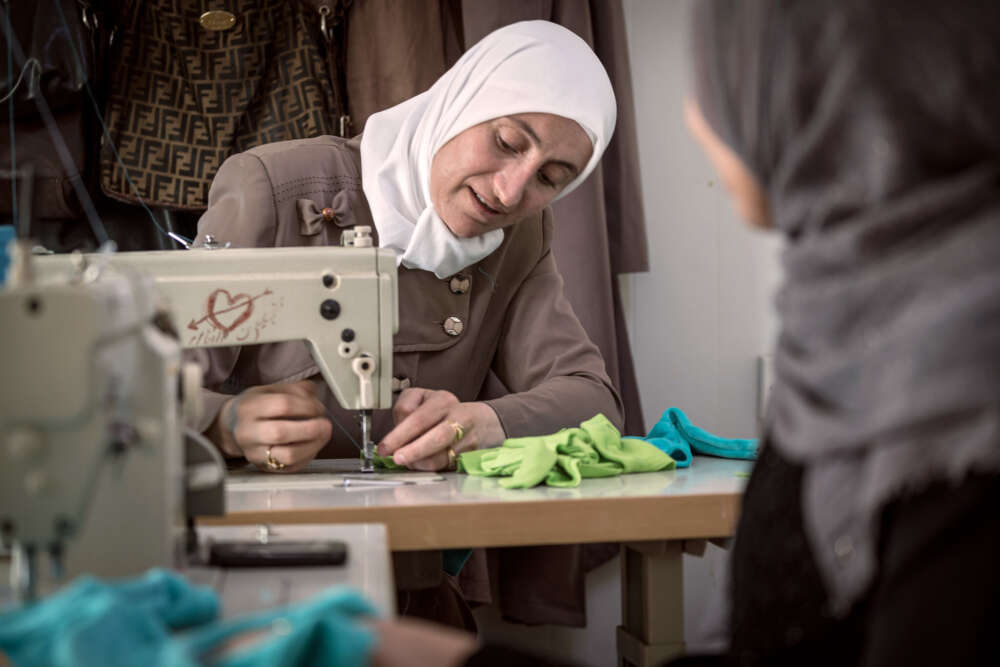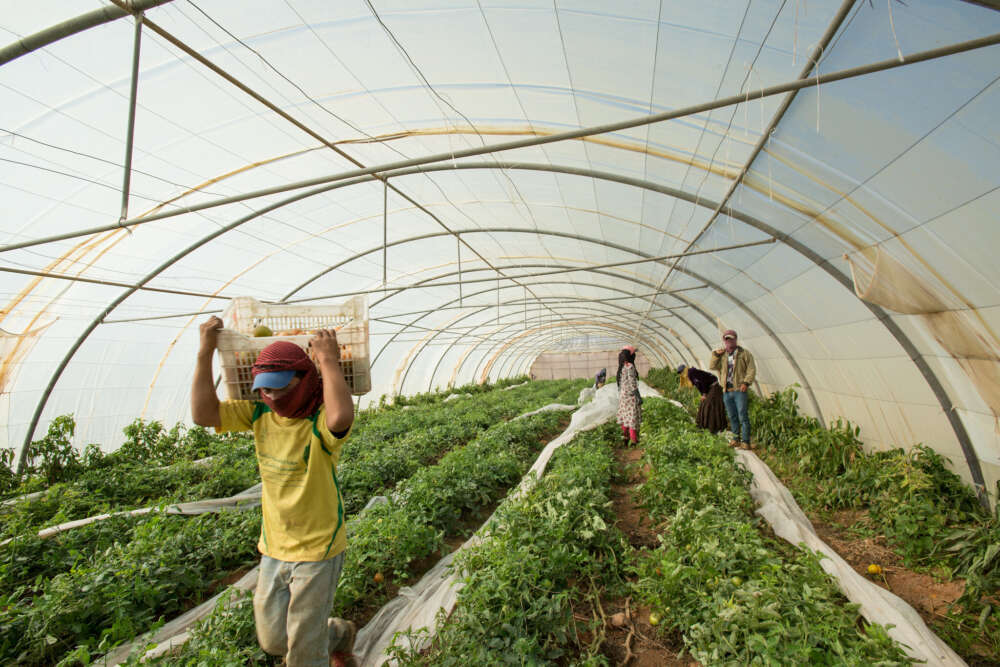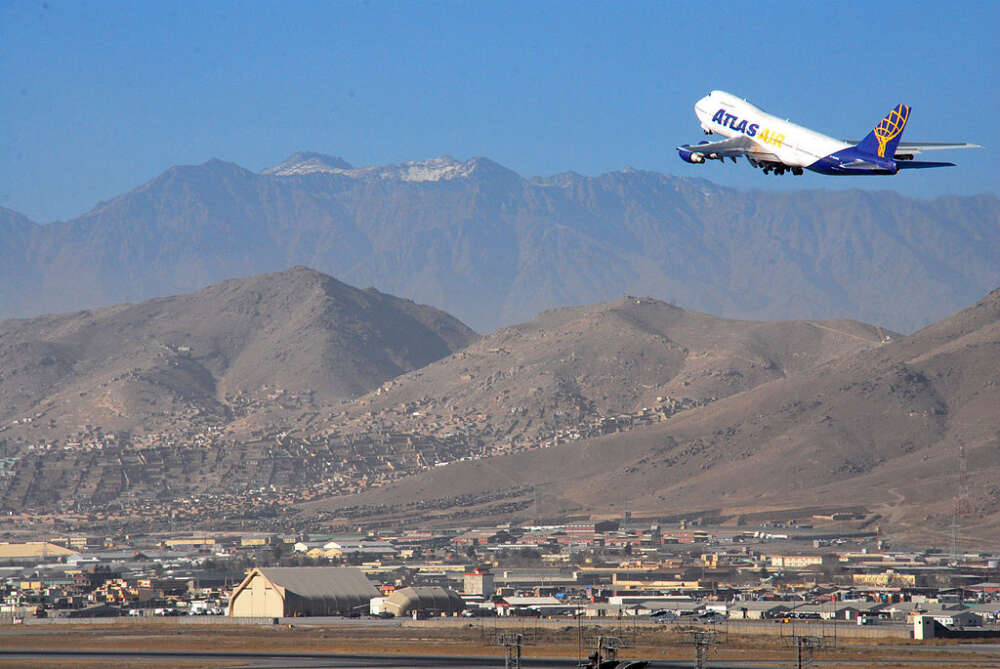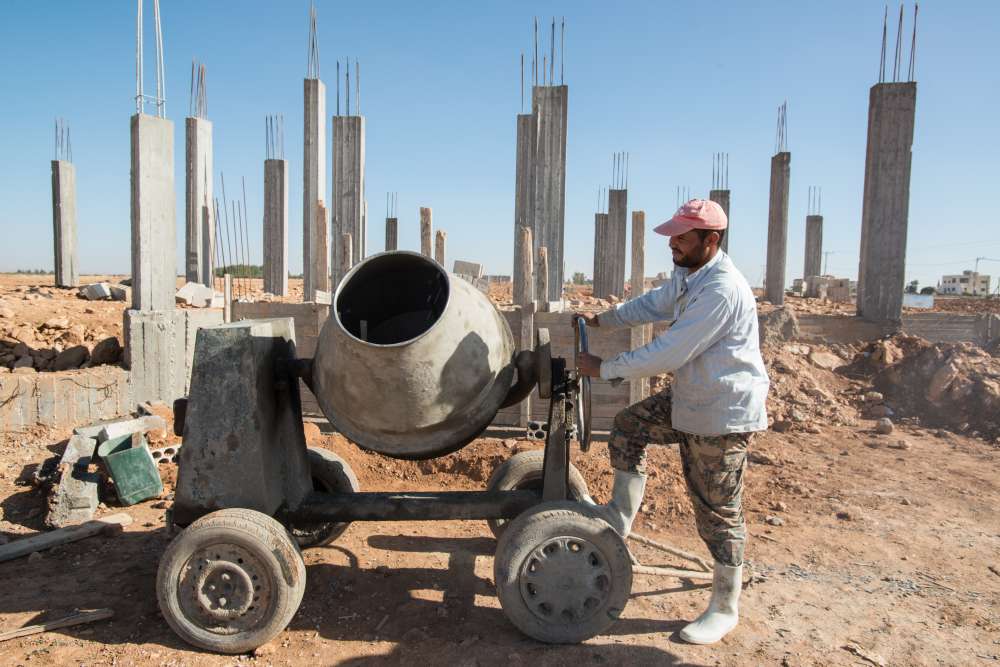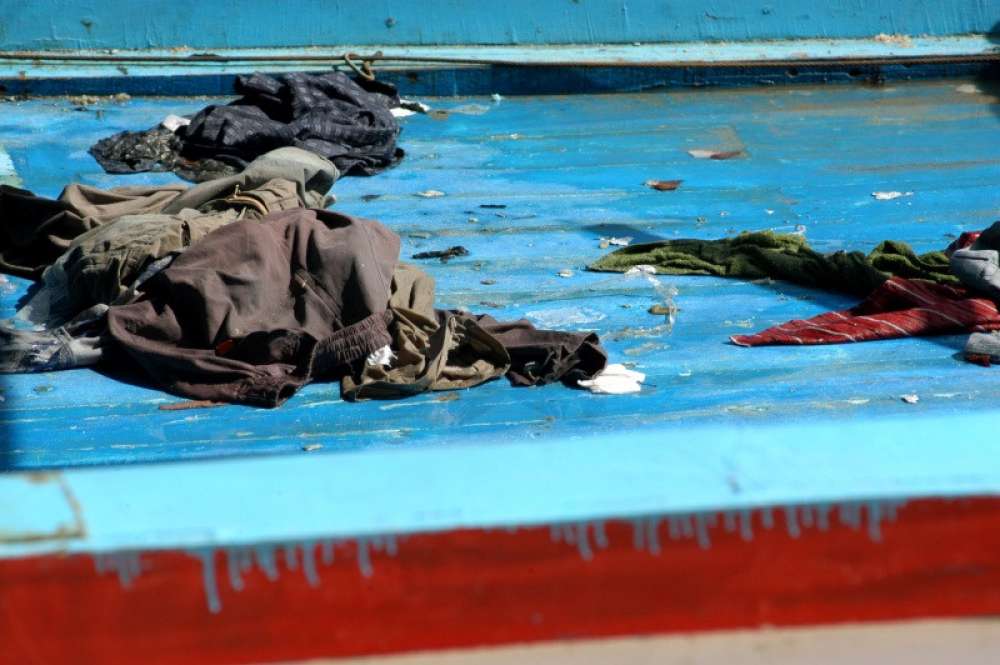The Tunisian Red Flag
Lessons from the EU-Tunisia Strategic Partnership for the External Dimension of EU Asylum Policy
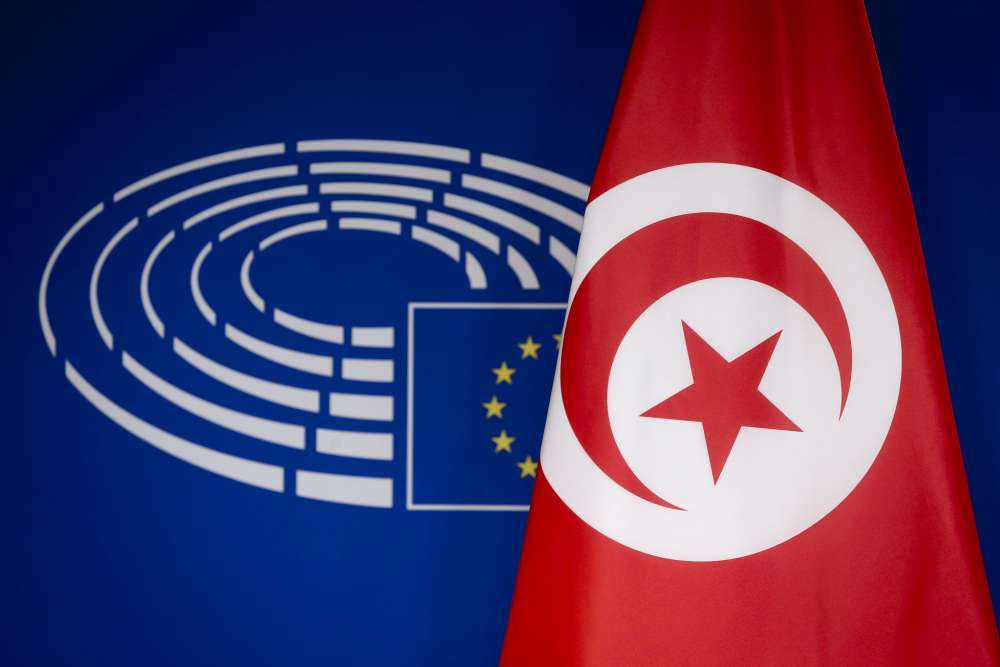
What Is the Matter?
In July 2023, the EU and Tunisia signed a Memorandum of Understanding (MoU) on a Strategic Partnership – among other objectives, to limit irregular migration, better coordinate search and rescue, and increase migrants’ return. Although the promises to provide Tunisia with stronger financial support are substantial, most of the MoU’s points on migration are not new. The MoU signals the end of ten years of EU efforts to support the development of a (formal) Tunisian asylum system, but makes no mention of how to improve the situation of asylum seekers and refugees within the current (informal) arrangements. Together with high-level reform proposals for EU asylum law, the partnership will leave Tunisia even less interested in improving the situation. The partnership trades longer-term interests and commitments on refugee protection in the EU’s neighborhood for short-term interests brokered by a sub-group. It should serve as a red flag, not a blueprint.
What Should Be Done?
Past EU attempts to develop the Tunisian asylum system have backfired precisely because Tunisia has sought to avoid being at the receiving end of EU externalization efforts. Tunisia’s case shows that the EU must urgently revise its approach to salvage common interests and commitments on building refugee protection beyond its own territory.
- The MoU implementation meetings should outline actions to improve the situation at land borders and the reception of migrants and refugees without a formal asylum system, with a particular emphasis on civil society efforts.
- Legal migration needs to be promoted under the Partnership. Alongside such promotion efforts, the EU should not give up the medium-term goal of legislative change on asylum in Tunisia.
- The Procedures Regulation should consider the impact on the external dimension by detailing what is effective protection in “Safe Third Countries”, and by conferring responsibility on EU institutions to designate states as such “Safe Third Countries.”
- Future agreements should refer to shared policy ambitions under the Global Compact on Refugees and outline how parties will develop refugee protection.
- Policy processes in future agreements should be more formalized so as to assess political risks across the spectrum of migration policy and on objectives of EU external action.
Download the full policy paper.
This policy paper is part of the project ASILE: Global Asylum Governance and the EU’s Role. Funding for this project is provided by the EU’s Horizon 2020 program. For more information on the ASILE project, visit the consortium website.
